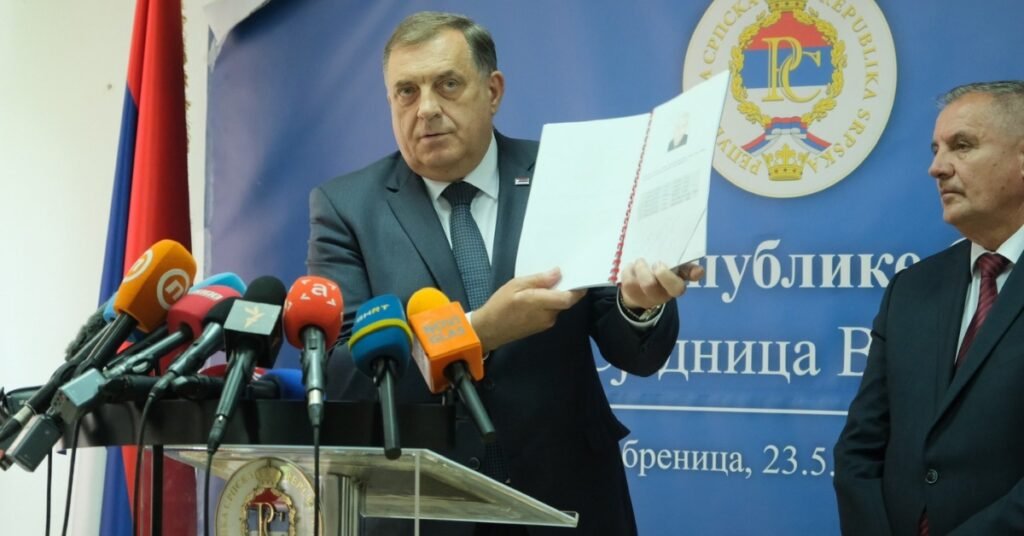EU offers Lebanon 1 billion euros for economic support and security enhancements. Aid focuses on healthcare, education, and improved border management.
Table of Contents
Beirut: In a significant move to aid Lebanon’s struggling economy and enhance its security capabilities, the European Union has offered a financial package totaling 1 billion euros ($1.07 billion).
Announced by European Commission President Ursula von der Leyen during her visit to Beirut, the initiative is poised to provide substantial support amidst ongoing economic challenges.
Aid Breakdown and Objectives
The pledged funds are designated to fortify essential services, focusing primarily on the healthcare and education sectors.
Von der Leyen emphasized the importance of Lebanon implementing “economic, financial, and banking reforms.”
These changes are vital for reviving the nation’s business environment and banking sector, which have been hindered by protracted issues.
Allocation of EU Financial Support
| Sector | Support Focus |
|---|---|
| Basic Services | Health and education |
| Security Forces | Training, equipment, infrastructure |
In her statements, von der Leyen also highlighted plans to bolster the Lebanese army and other security agencies. This will include training, supplying equipment, and developing infrastructure critical for effective border management.
Ongoing Economic Crisis
Lebanon’s financial woes, which began to intensify in 2019, stem from decades of excessive spending and corruption.
Despite the urgent need for reform, efforts have been stymied by the entrenched interests of the ruling elite.
This deadlock has prevented Lebanon from accessing another significant aid package from the International Monetary Fund, valued at $3 billion.
The ramifications of these delays are profound: most Lebanese citizens have lost access to their bank savings, the local currency has plummeted, and public institutions, ranging from educational facilities to the military, have been severely impaired.
Migration Challenges
The economic despair has also led to a spike in migration, with an increasing number of boats departing from Lebanese shores to European destinations such as Cyprus and Italy.
This migration includes both Syrians and Lebanese nationals, seeking refuge from the dire conditions at home.
Regional and EU Relations
Both von der Leyen and Cypriot President Nikos Christodoulides expressed hopes for Lebanon to reach an agreement with Frontex, the EU border agency, to better manage these migration flows.
The ongoing presence of Syrian refugees in Lebanon—many of whom fled the Syrian conflict starting in 2011—continues to strain the already beleaguered Lebanese economy.
Despite Lebanon’s claims that Syria is now safe for return, the United Nations contradicts this assessment, indicating that Syria remains too perilous for displaced persons to return safely.
This has been underscored by incidents of arrests and conscription among Syrians forcibly repatriated by Lebanese authorities.
Christodoulides captured the urgency of the situation, stating, “The current situation is not sustainable for Lebanon, it’s not sustainable for Cyprus, and it’s not sustainable for the European Union. It hasn’t been sustainable for years.”
This extensive support from the EU represents a crucial lifeline for Lebanon, aiming to stabilize the nation and improve the living conditions for its citizens while addressing broader regional security and migration issues.






